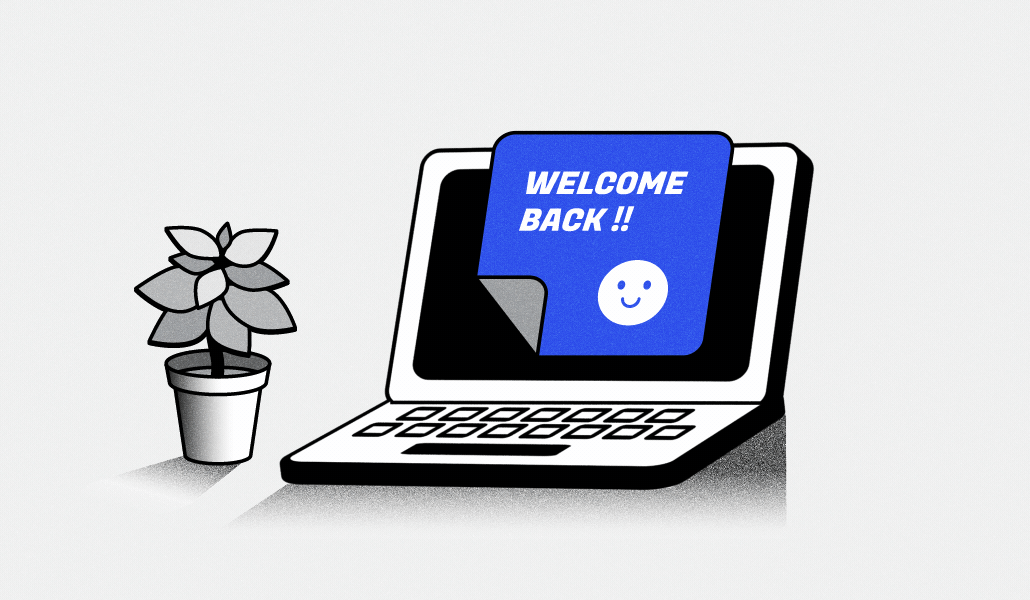Lunch is served! Bosses see higher office attendance on free-food days

Who says there’s no such thing as a free lunch?
In an attempt to energize their employees about the return to the workplace, more companies are bringing back a culinary staple that got put on pause during the worst of the pandemic.
The company ezCater, which provides corporate food solutions, reported that it has seen corporate lunch orders jump 61% since this January. The company ran a survey which revealed that 81% of business leaders believe offering free meals and snacks is the best way to incentivize workplace attendance. In the poll, 93% of bosses said more employees show up to the office on days when free food is served.
“Food at work motivates people to come to their workplace, enables and strengthens collaboration, and really brings a workplace to life,” said Stefania Mallett, cofounder and CEO of ezCater.
The hybrid work arrangement so many employers have adopted makes furnishing lunch more complicated, of course. With employees working alternate days, it is difficult to predict how much food to order on which days, potentially leading to waste of food and money. Mallett said her company’s solution is for employees to order lunch themselves.
“It’s important to us to create a work environment that caters to individual needs and preferences,” said Gerard Visser, director of workplace services at the online ticketing service SeatGeek. “We want to meet our Geeks where they’re comfortable,” he added, noting it offers a range of delivery options for employees depending on how often they’re in the office. Since the company started offering lunch five days a week, it’s seen a steady, fivefold increase in employee attendance, he said — a number that keeps rising.
Reggie Owens, office manager at the reservations site SpotHero, said that prior to the pandemic the company offered a buffet-style lunch, using a different restaurant every week and ensuring employees’ dietary needs were satisfied. But after the return to the office, the practice became problematic due to health and safety issues. After subscribing to ezCater’s service, the company saved more than half of its weekly $2,000 budget for lunch. Like SeatGeek, SpotHero has seen a growing number of employees returning because of the weekly lunch, which is also used to coordinate team meetings.
But lunch isn’t the only way to an employee’s heart. Another company, the snack and supplement brand Remedy+, is promoting desk drawers stocked with healthy, plant-based snacks as a way for employees to increase focus and reduce stress with the return to the office. Product ingredients include cannabinoids, organic oils and terpenes, designed to keep workers at their optimum throughout the day.
“We are seeing and experiencing firsthand how vending machine and micro-market operators are working feverishly to expand their offerings of healthy food and snack options,” said Tom Kurz, cofounder of Remedy+. “They know that employees returning to office environments are paying greater attention than ever to their overall well-being and judging employers partially upon their willingness to make healthy options available to them.”
Shelf Engine, a grocery AI service focused on eliminating wasted perishables that works with chains like Walmart and Kroger, has brought back the office lunch for its own employees — as well as breakfast and happy hour.
Employees who live near its two offices, in Seattle and Denver, are encouraged to come into the office Monday, Tuesday and Thursday. To encourage employees to forge in-person connections and enjoy being together again, every Monday the company offers free breakfast. Tuesday is lunch day and every Thursday comes happy hour. All of these are new offerings, although the company had a longer-standing tradition of employees creating their own lunch potluck with dishes from home, said director of communications Betsy Goldberg.
“Coming together in real life and getting to know each other is critical for the success of the company,” she said, noting that company happy hours feature interactive games like Jenga, foosball and trivia.
Shelf Engine also sees the food-centric events as a way to support small local restaurants. Food showcasing a diversity of cultures is offered, with menu choices shared in advance via a Slack channel. “We’ve enjoyed everything from banh mi to chickpea rice bowls to Afro-Latin fried chicken,” Goldberg related.
With the office returning to normal, Seth Newman, director at the medical supply firm Sporting Smiles, found that some workers were less social, so the company began supplying breakfast, including smoothies and bagels, every Tuesday. “Our worker attendance on that day is near spotless,” Newman related. Lunch is brought in every two weeks, typically on a Friday. It’s not only boosted attendance but also morale. “Food makes workers happy!” he said.
The software company Orases is offering free salad bar and lunches throughout the week. Rather than a tool to entice people back to the office, providing lunch is intended to build camaraderie and in-person people skills. “We do believe in a 100% flexible work environment, but with those that are back, it’s nice to be able to spend time with people over food,” said Nick Damoulakis, president of Orases.
The insurance services firm Diabetes Life Solutions is using its biweekly catered lunch to encourage camaraderie as well, said CEO Matt Schmidt. “I feel this type of socialization is extremely important as most of our employees have not been together in person in an office setting for about two years,” he said, adding that at lunch “there will be no talk about business — just conversations about life and non-work activity.” The company had its first lunch last week and it was a big hit with the rank and file. “People laughed and reminisced. It almost felt like we were in pre-pandemic times,” added Schmidt.
Still, what with so many companies operating under hybrid setups, free food at the office may not pack quite the punch it once did, noted Jaclyn Chen, founder of CEO of Benepass, a benefits platform focused on hybrid work. It also may not be as simple as ordering a couple of pizzas anymore. She points to solutions like hybrid group ordering, where companies like Panera offer a group discount for lunches to be ordered at the same time but from different locations, as well as food stipends for remote workers.
Chen also encourages team building exercises around food. She noted that Murray’s Cheese Bar in New York, for example, hosts virtual cheese-tasting classes that can be booked by companies in advance.
As with everything related to work these days, flexibility is key. As Chen sees it, when it comes to food, “the key strategy is to take a look at your workforce, survey them to figure out their unique needs, and consider allowing them to select which benefits and perks will streamline their workday.”


